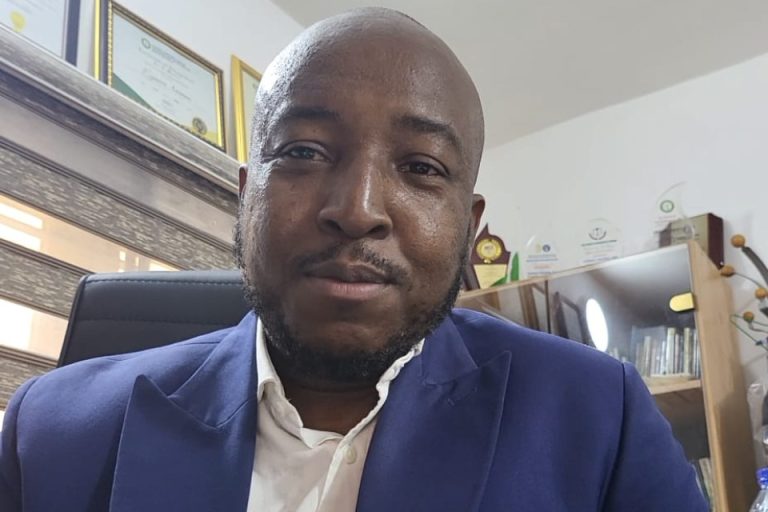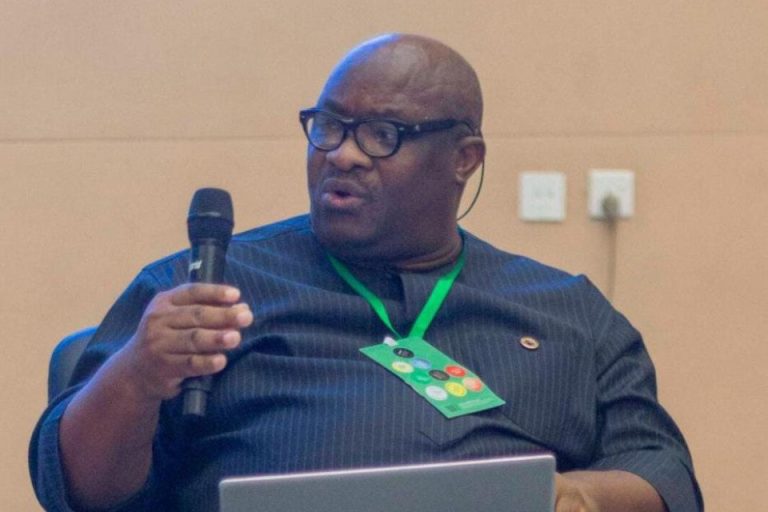A Lagos-based journalist, Ms Ayomide Eweje, has filed a suit at the Federal High Court in Lagos against Ikorodu General Hospital and its Medical Director for refusing to release information relating to the handling of the corpse of Mr Pelumi Onifade, a 20-year-old journalist who died under controversial circumstances in October 2020 during the #EndSARS protests.
The suit, filed on her behalf by Lagos-based lawyer, Mr Monday Arunsi, under the Freedom of Information Act, 2011, seeks a judicial review of the hospital’s refusal to provide the requested records. It was brought pursuant to Order 34 of the Federal High Court (Civil Procedure) Rules, 2019, Sections 1(3) and 20 of the FOI Act, and under the inherent jurisdiction of the Court.
In her originating process, Miss Eweje, a correspondent with BONews Service, explained that she had, by a letter dated July 31, 2025, requested from the hospital certified copies of documents detailing the receipt, custody, and handling of the corpse of the late Mr Onifade, as well as the mortuary protocols of the hospital. She contended that the Respondents failed, refused, or neglected to provide the requested information or issue a written notice of denial as required by law.
She is seeking leave from the court to apply for a judicial review pursuant to the Freedom of
Information Act, 2011, and to seek the following reliefs:
- A declaration that the refusal of the Respondents to make the requested information available constitutes a violation of her right of access to information guaranteed under Sections 1(1) and 4(a) & (b) of the FOI Act.
- A declaration that the failure of the Respondents to issue a written notice of denial stating the grounds for refusal, as required by Sections 4(b) and 7(1)–(3) of the FOI Act, amounts to a breach of the law.
- An order directing the Respondents to disclose and make available the requested documents, including:
- The mortuary admission register showing when Mr Onifade’s body was received;
- Records of the release, transfer, or movement of the body;
- Any autopsy or post-mortem report conducted;
- Records of DNA or forensic samples collected, if any;
- Documentation of the involvement of police or other officials in the release of the corpse;
- Copies of communication with Mr Onifade’s family; and
- The hospital’s mortuary protocols for reception, documentation, and release of corpses.
- An order directing the Respondents to deposit the requested information with the Court pending the determination of the suit.
- An award of ₦1 million as exemplary and aggravated damages for unlawful denial of access to information.
- An order directing the relevant prosecuting authority to initiate criminal proceedings against the Respondents for wrongful denial of access under Section 7(5) of the FOI Act.
Ms Eweje argued that the information requested is of overriding public interest, particularly given the circumstances of Mr Onifade’s death and the need for accountability in the management of public mortuaries. She contended that the Respondents’ refusal to release the documents undermines transparency, accountability, and the rights of bereaved families to know the fate of their loved ones.
No date has yet been fixed for the hearing of the suit.





